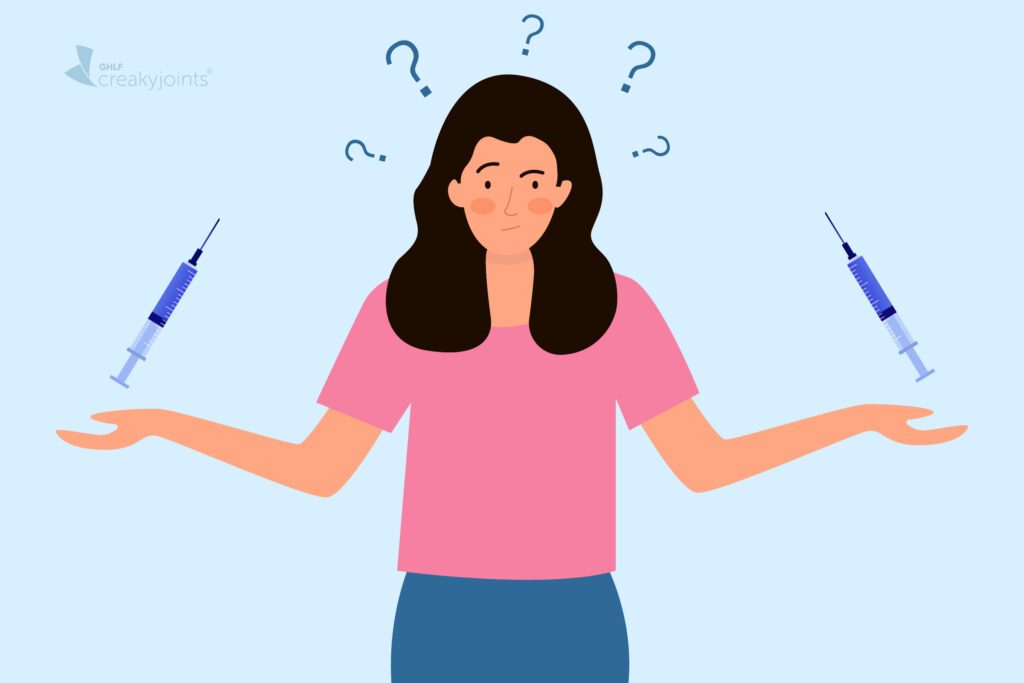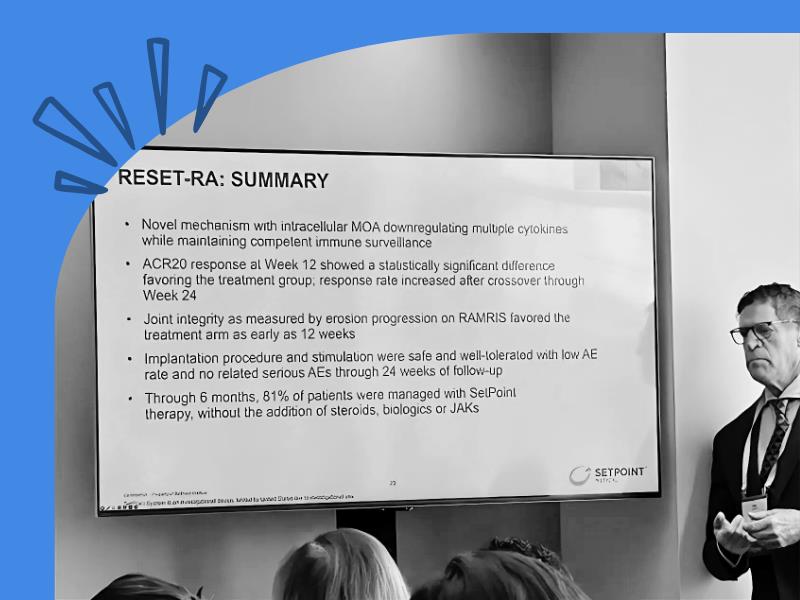Allopurinol
Allopurinol is a urate-lowering therapy that should control your uric acid levels to prevent gout attacks. However, it does not treat a gout attack or ease your symptoms if you have a flare.
Allopurinol (Aloprim®, Lopurim® and Zyloprim®) is a xanthine oxidase inhibitor. It blocks the process of turning a substance called hypoxanthine into xanthine, and also the next step of turning xanthine into uric acid. Allopurinol lowers uric acid levels in your body, and if the levels are lowered sufficiently the risk of gout flares and urate- related kidney stones is dramatically reduced. It comes in tablet form, and you take it once or twice daily after a meal. For doses of 300 mg or lower, you can take all your allopurinol at once. Even for higher doses, the main possible issue of taking it all at once is gastrointestinal (GI) upset. If you can tolerate 400 mg of allopurinol all at once, it may be more convenient to take it that way.
Your starting dose of allopurinol is no more than 100 mg a day. People who have moderate to severe chronic kidney disease (CKD) should start with a lower dose (for example, 50 mg), followed by gradual, upward titration of a maintenance dose, which could exceed 300 mg a day. Your doctor will check your urate levels as the dose is increased to see when you have reached your goal (most commonly below 6.0 mg/dL), and be sure that the dosing is the right one for you.
Prior to starting allopurinol, you may receive screening for a certain gene marker called HLA-B*5801. This is also called rapid polymerase chain reaction-based HLA-B*5801 screening, especially if you are in certain ethnic groups, such as people of Han Chinese or Thai descent, or Koreans with stage 3 or worse kidney disease. Some recent data suggests that African-Americans also have a high enough chance of having this genetic marker that they should be tested for it (although the American College of Rheumatology guidelines only mention the three groups above). This allele (genetic marker) could put you at higher risk for a severe sensitivity reaction to allopurinol. Your doctor will determine if you need this screening or not.
It is recommended to start allopurinol with a low dose and increase, as discussed above, because lowering the urate level gradually may lead to fewer gout flares. We know that when you first start lowering the blood urate, crystals start getting released from the lining of the joint and can cause flares of gout. These flares are called mobilization flares. To try and prevent or reduce mobilization flares, your doctor may also prescribe colchicine to take with your allopurinol to prevent those attacks. Colchicine is generally given for the first six months of allopurinol therapy, since that is the time when the mobilization flares are most common. Sometimes a low dose of an NSAID or a small dose of corticosteroid is used instead of colchicine during this first six months.
Don’t stop taking your allopurinol just because you start to feel better. It’s a good idea to drink plenty of water or other fluids (about eight glasses each day) when taking allopurinol.
Let your doctor know if you are taking any of the following medications before starting allopurinol:
- Antibiotics like amoxicillin or ampicillin
- Blood thinners like warfarin (Coumadin®)
- Cyclophosphamide (Cytoxan®)
- Mercaptopurine (Purinethol®)
- Chlorpropamide (Diabinese®)
- Diuretics
- Azathioprine (Imuran®)
- Cyclosporine (Neoral®, Sandimmune®)
- Any other gout medications
Your doctor will also ask you if you’ve ever had kidney disease, liver disease, heart failure, or if you’re female, if you’re pregnant, are planning to become pregnant or are breastfeeding.
Side Effects of Allopurinol
Allopurinol can make you drowsy. Don’t drive a car or operate any machinery until you know how allopurinol affects you. Other possible side effects include diarrhea and upset stomach. Taking your medication with food or after a meal may help ease stomach upset.
Alcohol may also decrease allopurinol’s effectiveness, so talk to your doctor if you plan to drink while on allopurinol. Alcohol raises urate levels and can set off gout flares.
Other uncommon side effects of allopurinol that could be serious include: skin rashes, pain when urinating, blood in the urine, irritated eyes, swollen lips or mouth, signs of infection (fever, chills, sore throat), itching, weight loss or loss of appetite.





